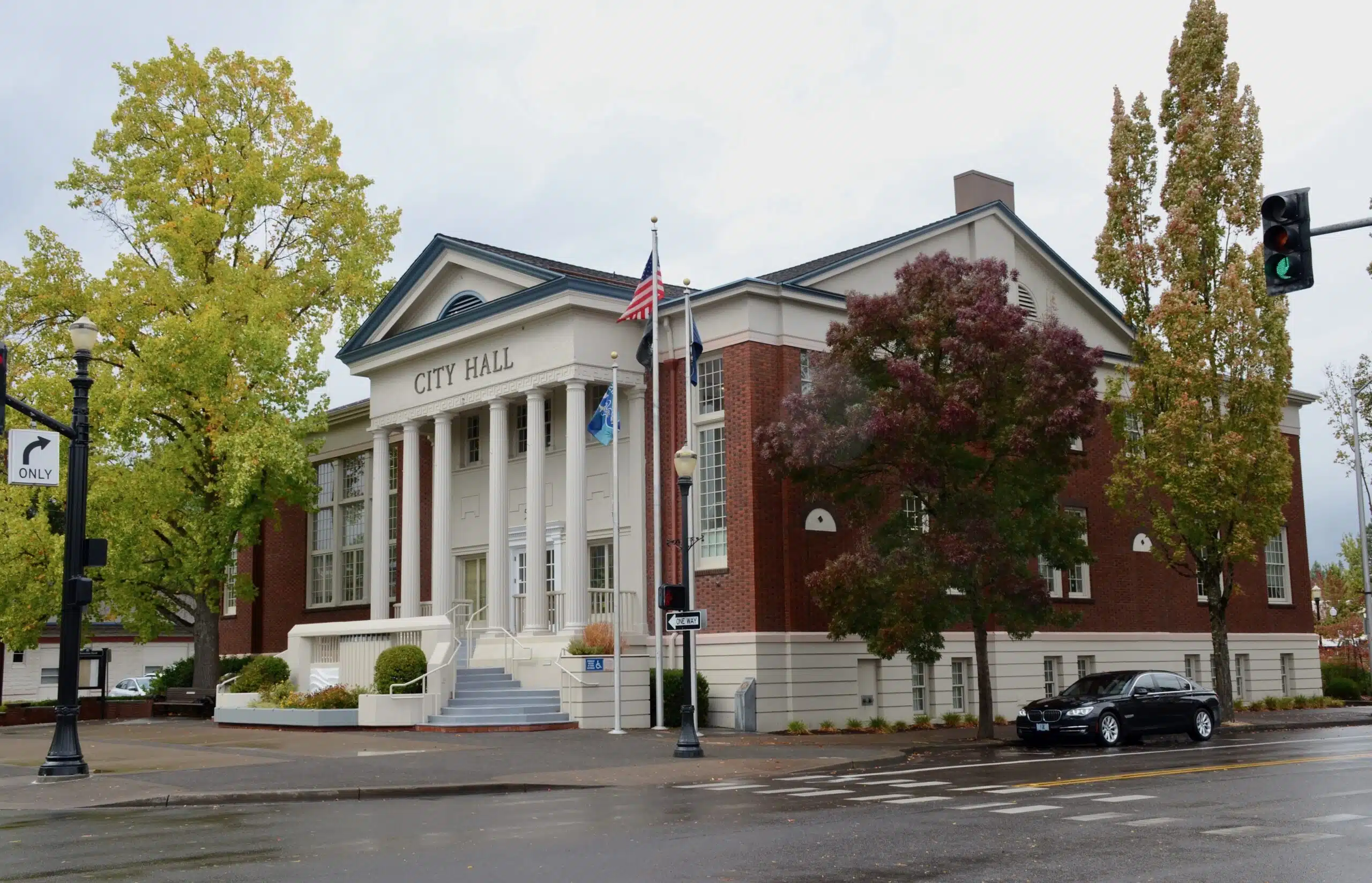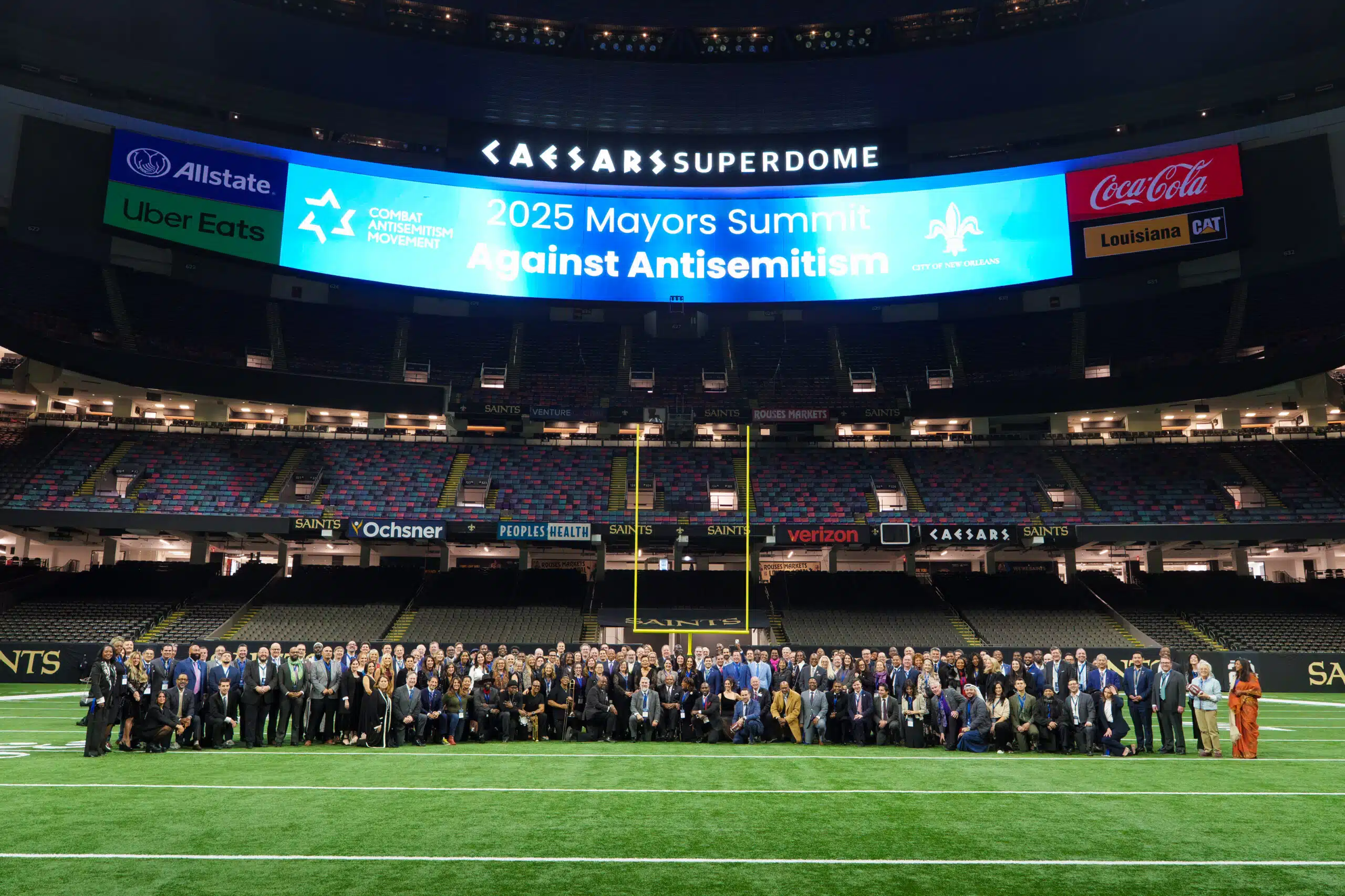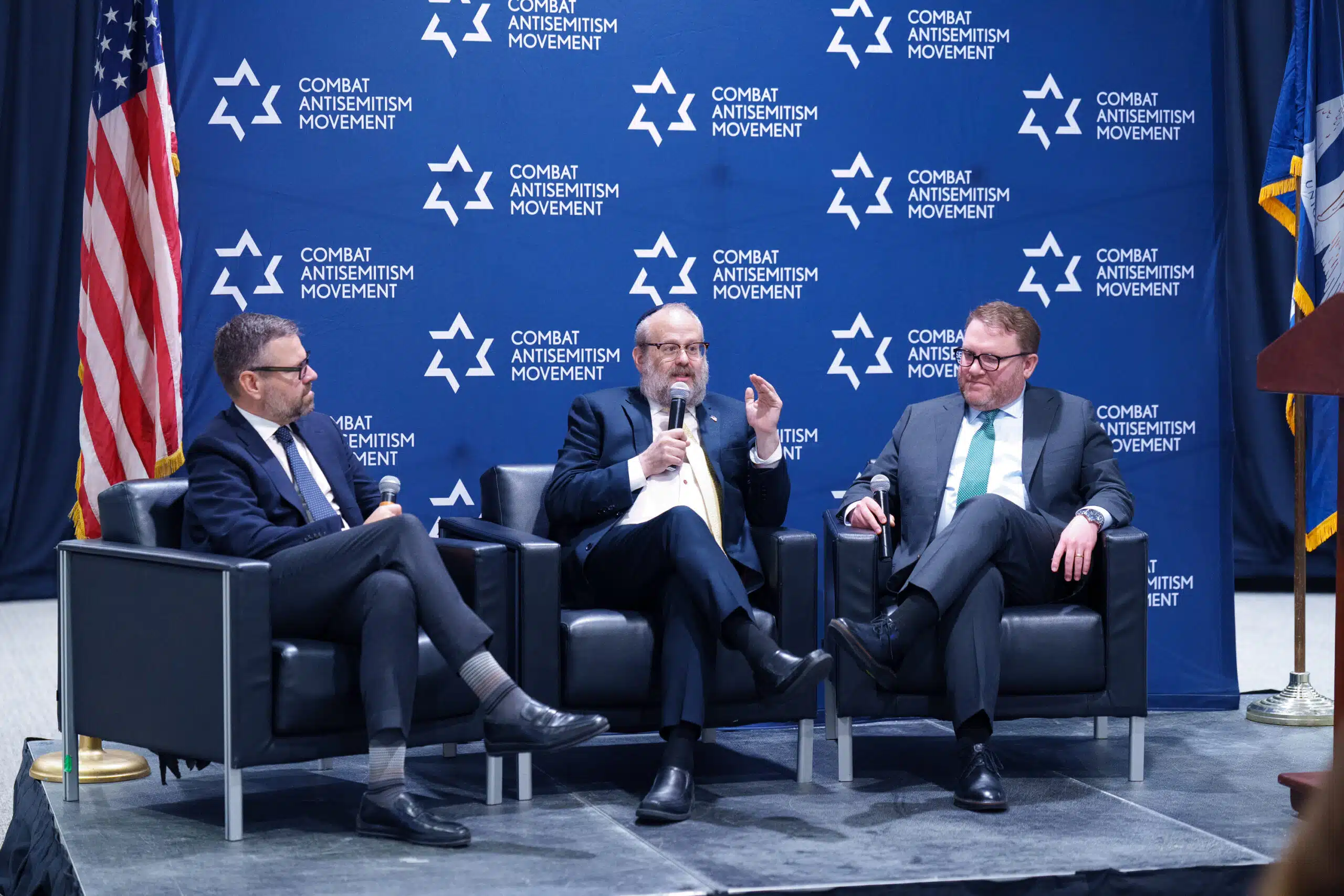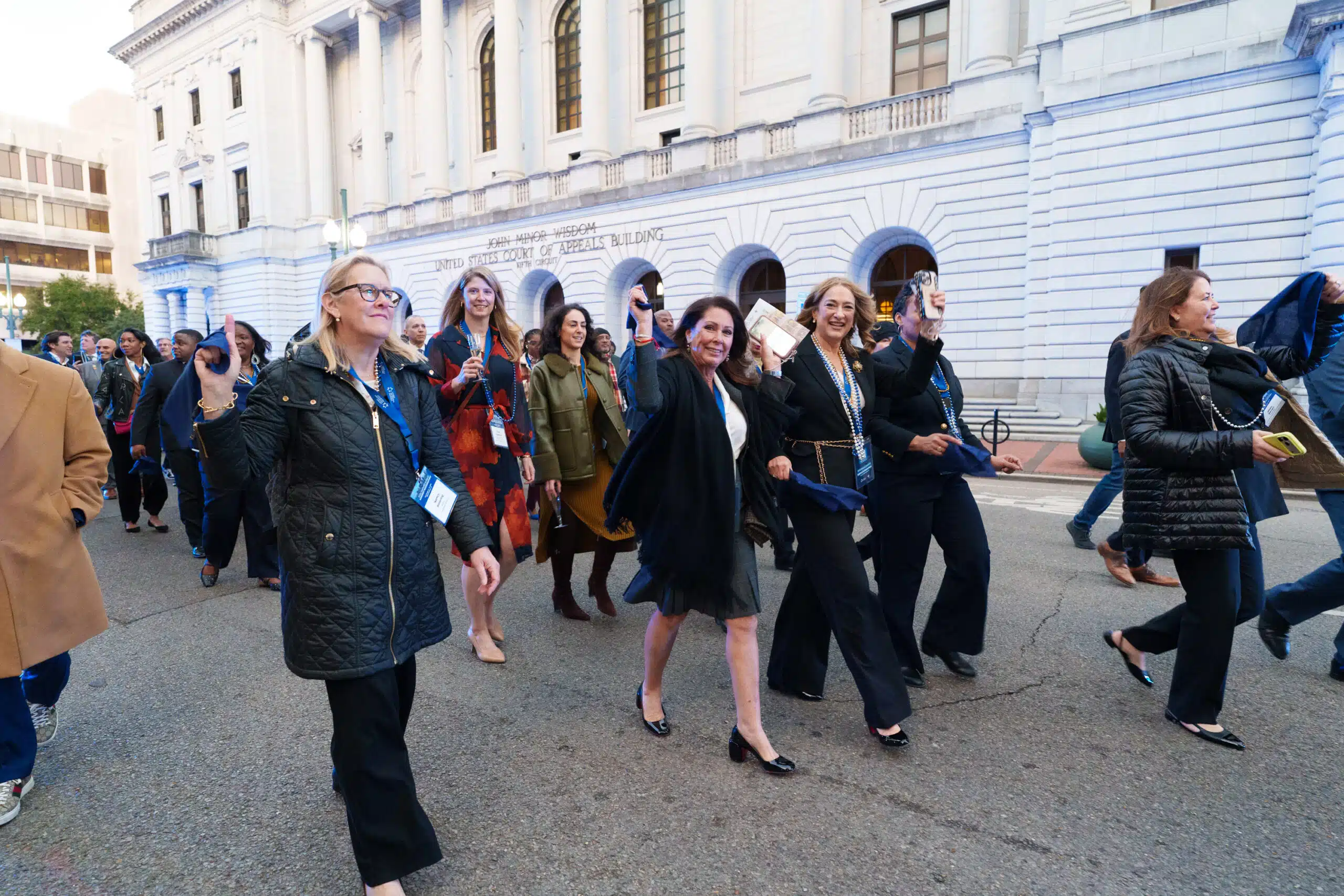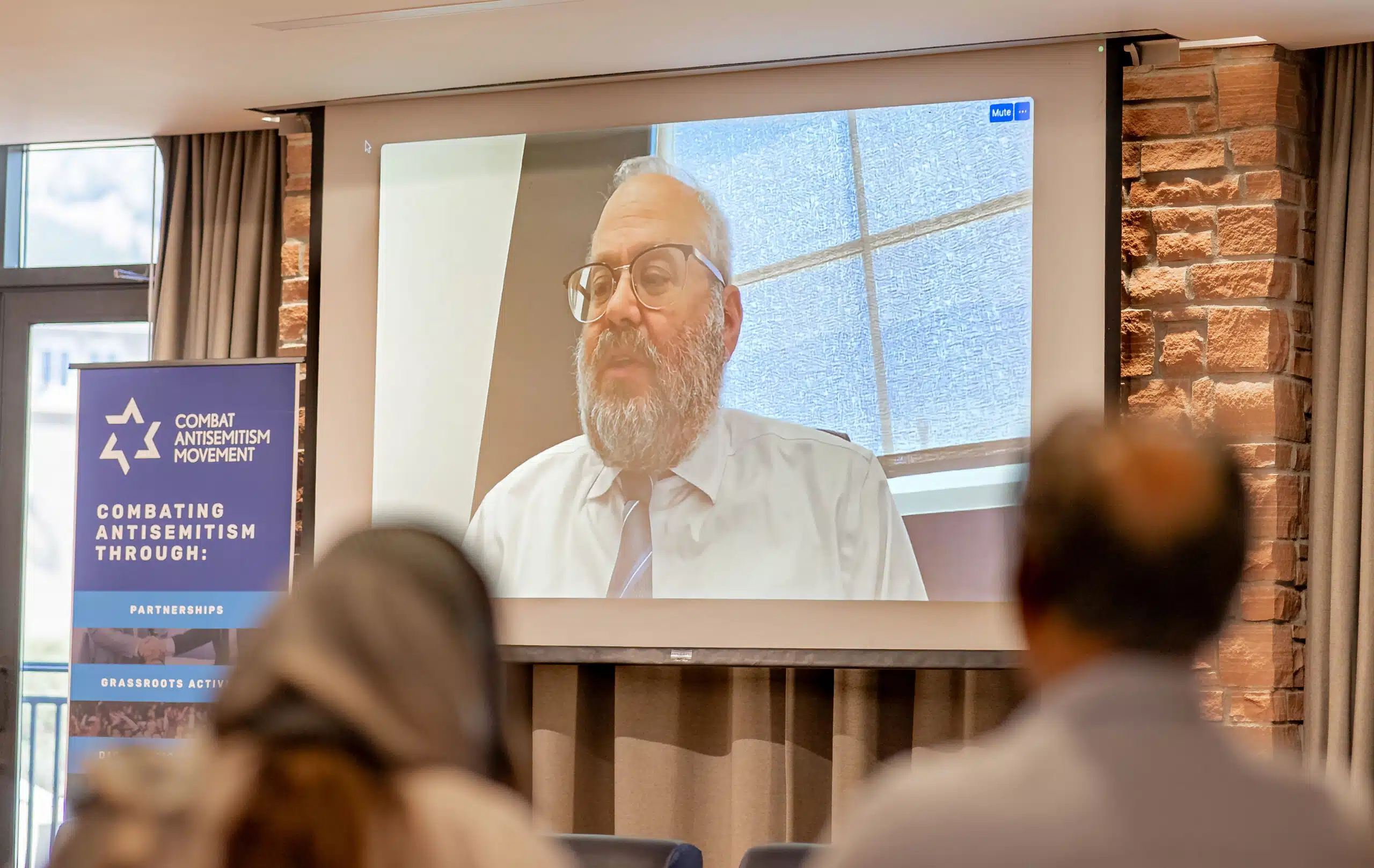|
Getting your Trinity Audio player ready...
|
The Corvallis (Oregon) City Council voted 6-3 on Monday to reject a BDS resolution advanced by pro-Palestinian activists seeking municipal divestment from Israeli companies.
The resolution in question — the text of which can read on Page 5 HERE — called on the City of Corvallis to “set a progressive standard for responsible ethical investing by avoiding investment, to the best of its ability, of its non-pool public funds in companies which the City determines are directly, consistently, and knowingly involved in such human rights violations as genocide, apartheid, and illegal occupation, as well as other violations of international human rights law, including war crimes, ethnic cleansing, mass incarceration, and mass deportations.”
Councilors Carolyn Mayers, Jan Napack, Jim Moorefield, Tony Cadena, Paul Shaffer, and Charlyn Ellis voted against the resolution, while Councilors Briae Lewis, Alison Bowden, and Ava Olson voted in favor.
A video recording of Monday’s Corvallis City Council meeting can be viewed HERE.
Ahead of Monday’s meeting, CAM Chief Government Affairs Officer Lisa Katz — who leads CAM’s municipal initiatives with mayors across the United States — had sent a letter to Corvallis Mayor Charles Maughan and all members of the City Council urging them to oppose the resolution.
“I’ve sat through marathon hearings, balanced tight budgets, and taken late-night calls when a house of worship received a threat,” Katz, a former Town Supervisor of New Castle (New York), wrote. “From that experience, I do not accept the premise behind city-level BDS. Calling it a moral stand doesn’t change what it does on the ground: it fractures community cohesion and undermines safety.”
“Cities exist to solve problems you can feel by Tuesday morning such as calm streets, secure sanctuaries, kids walking to school without fear, and small businesses that can operate without becoming protest zones,” Katz added. “A municipal BDS resolution, symbolic or not, doesn’t improve any of that. It imports a foreign conflict into City Hall, turning the chamber into a proxy battlefield and our neighborhoods into collateral damage.”
“Here’s what actually follows when municipalities take up BDS: lines harden; hearings become battlegrounds; protests and counter-protests spill into schools, campuses, and houses of worship; social media pours gasoline; neighbors stop making eye contact,” Katz noted. “Meanwhile, staff are pulled off basics as lawyers and procurement teams comb contracts to see whether a vendor once partnered with an Israeli university or used a component with an Israeli patent. None of that fixes a streetlight or funds a youth program. The costs land locally: conventions choose other cities, partnerships stall, hospitals rethink equipment purchases, college labs lose collaborators.”
“And let’s be clear, distant governments don’t feel that first-order impact, but our workers and small businesses do,” Katz added. “And vulnerable people feel exposed: Jewish residents brace for harassment … Safety gets politicized. Trust erodes.”
“I’ve listened to progressives and conservatives, faith leaders and students, union members and entrepreneurs who all want the same thing: dignity and safety for every neighbor,” Katz said. “Compassion is admirable, but compassion without a workable municipal strategy can make a hard situation worse at home. A city resolution cannot resolve a conflict overseas. It can strain interfaith relationships, swell security costs, and chill the cultural and educational exchanges that humanize people to one another.”
“If the north star is dignity for all, including your Jewish, Muslim, Arab, Christian, and every resident that calls your city home, choose tools that unite rather than punish, lower the temperature rather than raise it, and make Tuesday morning measurably better,” Katz concluded.
Katz’s letter was an example of the work CAM engages in daily with municipal and law enforcement authorities to secure and nurture Jewish life in cities across the globe.
Later this year, on Dec. 2-4, hundreds of city leaders will convene in New Orleans, Louisiana, for the 2025 North American Mayors Summit Against Antisemitism, the largest forum of its kind dedicated to equipping mayors with the tools, strategies, and partnerships to combat antisemitism at the local level.

